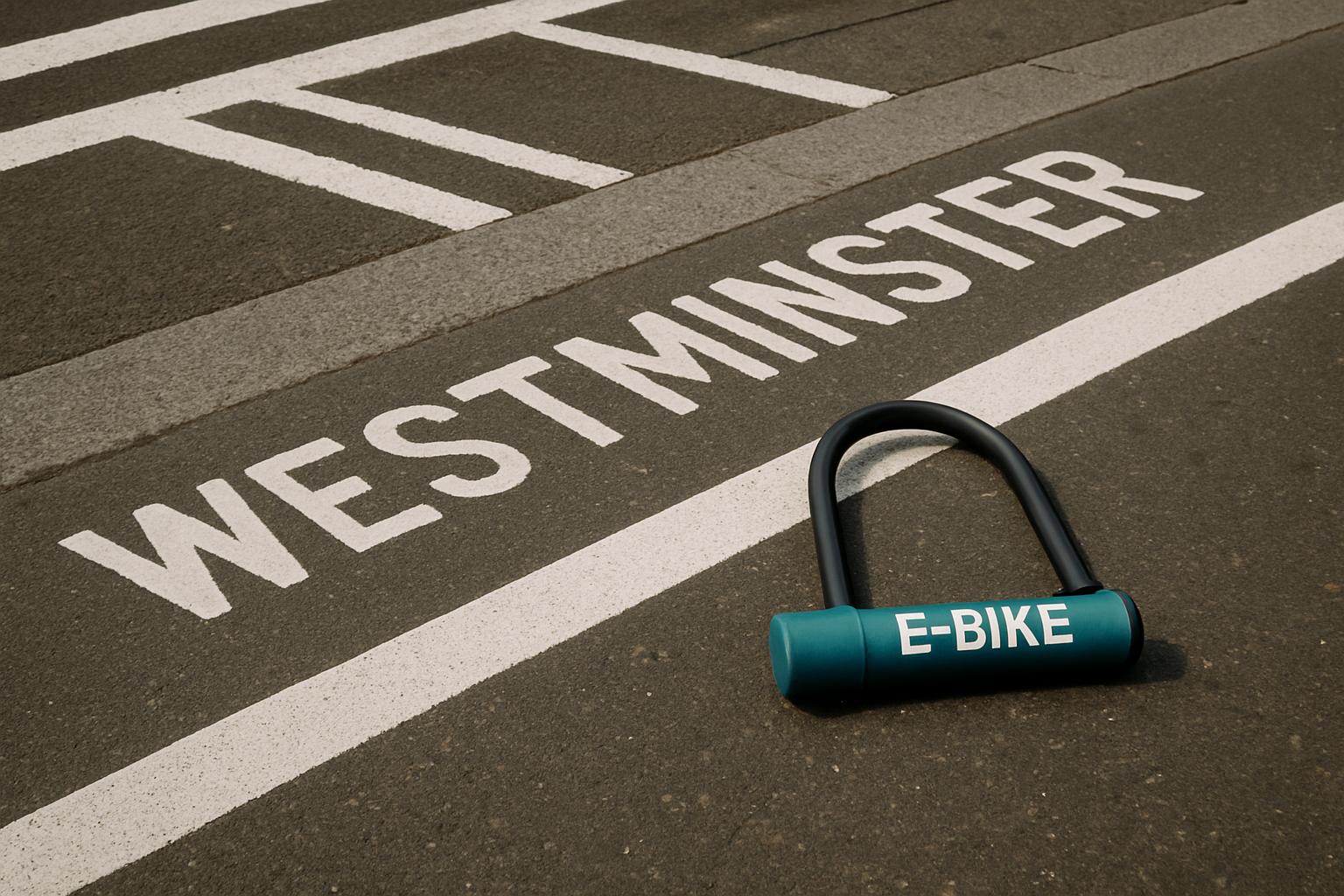Westminster Council has taken decisive new steps to tackle the ongoing problem of dockless electric bikes being left obstructing pavements and public spaces. The council has begun issuing £100 on-the-spot fines directly to the e-bike operators Lime and Forest for bikes found parked outside designated bays, blocking pavements, doorways, or other public areas. This crackdown prioritises fixed penalty notices over the previous approach of impounding bikes, with the council suggesting that fines provide a more effective means of discouraging careless parking.
This move by the Labour-led council specifically targets hotspot locations such as Soho Square and Berkeley Square, where the problem has been particularly evident. According to Westminster’s cabinet member for streets, Max Sullivan, the council has formally notified Lime’s CEO, Wayne Ting, and Forest’s CEO, Agustin Guilisasti, that fines will be imposed on bikes found obstructing pedestrian access. Since the initiative started, the council has already issued 150 fixed penalty notices, with estimates suggesting that the current rate could lead to more than £1 million in fines within a year if sustained.
The council has bolstered its efforts by establishing over 380 new parking bays across the borough to encourage proper parking behaviour, acknowledging that a structured infrastructure is essential in managing the rise of dockless rental e-bikes. These changes coincide with the broader context across London, where other boroughs have also taken firm action against the clutter caused by dockless e-bikes.
Kensington and Chelsea Council, for example, has seized about 1,000 Lime and Forest e-bikes this year, many abandoned near Harrods in Knightsbridge. The council has generated over £81,000 from “release fees” charged to operators reclaiming their bikes. Similarly, the City of London Corporation has impounded more than 100 e-bikes that were blocking pavements in central areas, charging operators £235 per bike to recover the vehicles. Such measures are part of a wider enforcement trend aimed at compelling hire operators to manage their fleets responsibly and respect parking regulations, as well as preventing street clutter and hazards.
London Councils, a body representing all 33 boroughs, has reported that contracts between e-bike operators and local authorities have often been “flouted,” resulting in bikes being left indiscriminately across pavements, even in areas where firms have no permission to operate. Westminster’s new approach is seen as an effort to address this non-compliance more effectively by shifting the focus from reactive bike seizures to proactive financial penalties.
Westminster Council’s public guidance also reflects its ambition to create a safer and more navigable public realm, balancing the convenience of e-bike travel with pedestrian safety. The council allows privately owned electric bikes that meet specific Electric Assisted Pedal Cycle regulations and oversees authorised rental e-scooter trials, highlighting its role in managing the evolving micro-mobility landscape responsibly.
Overall, Westminster’s move illustrates an accelerated crackdown on e-bike clutter in the capital, combining enforcement through fines with infrastructure improvements. The council’s strategy indicates a clear message to operators like Lime and Forest that irresponsible parking practices will no longer be tolerated, with financial penalties serving as a strong deterrent to protect public spaces for all Londoners.
📌 Reference Map:
- [1] Highways News – Paragraphs 1, 2, 4, 6
- [2] Evening Standard – Paragraphs 1, 2, 4
- [3] Evening Standard – Paragraph 4
- [4] Evening Standard – Paragraph 4
- [5] Westminster City Council – Paragraphs 1, 2, 3, 6
- [6] Westminster Labour – Paragraphs 1, 2, 6
- [7] Westminster City Council – Paragraph 5
Source: Noah Wire Services
